By Ajuma Edwina Ameh
President Muhammadu Buhari on Thursday presented a budget of N16.39 trillion for the 2022 fiscal year dubbed, “budget of economic growth and sustainability” to the joint session of the National Assembly.
Buhari, who arrived at the National Assembly Complex in the company of some governors, ministers, and heads of government agencies, said the budget was designed to build on the achievements of previous budgets and to deliver on the nation’s goals and aspirations.
According to the President, allocations to MDAs were guided by the strategic objectives of the National Development Plan of 2021 to 2025, which are diversifying the economy, with robust MSME growth, investing in critical infrastructure, strengthening security and ensuring good governance, enabling a vibrant, educated and healthy populace, reducing poverty and ninimizing regional, economic and social disparities.
“Defence and internal security will continue to be our top priority. We remain firmly committed to the security of life, property and investment nationwide.
“We will continue to ensure that our gallant men and women in the armed forces, police and paramilitary units are properly equipped, remunerated and well-motivated.
“The 2022 budget is also the first in our history, where MDAs were clearly advised on gender-responsive budgeting. These are part of critical steps in our efforts to distribute resources fairly and reach vulnerable groups of our society,” he said.
Buhari listed benchmark oil price of $57 per barrel; daily oil production estimate of 1.88 million barrels, including Condensate of 300,000 to 400,000 barrels per day; exchange rate of N410.5 per US Dollar; GDP growth projected at 4.2%; and Inflation closing at 13%, as the parameters and fiscal assumptions underpinning the 2022 appropriation.
He gave the total breakdown expenditure of the N16.39 trillion proposed for the 2022 fiscal year as: statutory transfers of N768.28 billion; Non-debt Recurrent Costs of N6.8 trillion; Overheads of N792.79 billion; Capital expenditure N5.35 trillion; Debt service of N3.61 trillion; and Sinking Fund of N290.71 billion to retire certain maturing bonds.
Buhari disclosed that he planned to finance the deficit mainly by new borrowings from privatization proceeds and drawdowns on loans secured for specific development projects.
He said: “Some have expressed concern over our resort to borrowing to finance our fiscal gaps. They are right to be concerned. However, we believe that the debt level of the Federal Government is still within sustainable limits. Borrowings are to specific strategic projects and can be verified publicly.
“As you are aware, we have witnessed two economic recessions within the period of this Administration. In both cases, we had to spend our way out of recession, which necessitated a resort to growing the public debt. It is unlikely that our recovery from each of the two recessions would have grown as fast without the sustained government expenditure funded by debt.
“Our target over the medium term is to grow our Revenue-to-GDP ratio from about 8 percent currently to 15 percent by 2025. At that level of revenues, the Debt-Service-to-Revenue ratio will cease to be worrying.
“Put simply, we do not have a debt sustainability problem, but a revenue challenge which we are determined to tackle to ensure our debts remain sustainable.
“Very importantly, we have endeavoured to use the loans to finance critical development projects and programmes aimed at improving our economic environment and ensuring effective delivery of public services to our people.
“We focused on the completion of major road and rail projects; the effective implementation of Power sector projects; the provision of potable water; construction of irrigation infrastructure and dams across the country; and critical health projects such as the strengthening of national emergency medical services and ambulance system, procurement of vaccines, polio eradication and upgrading Primary Health Care Centres across the six geopolitical zones.”
On enhancing revenue mobilisation, the present stated: “Our strategies to improve revenue mobilisation will be sustained in 2022 with the goal of achieving the following objectives: enhance tax and excise revenues through policy reforms and tax administration measures; Review the policy effectiveness of tax waivers and concessions; boost customs revenue through the e-Customs and single window initiatives; and safeguard revenues from the oil and gas sector.
Buhari commended members of the National Assembly for the expeditious consideration and passage of the Supplementary Appropriation Bill 2021 and expressed the hope for early passage of the 2022 budget.
Earlier, the Senate President, Dr Ahmed Lawan, promised that the National Assembly would pass the budget estimates before the end of the year.




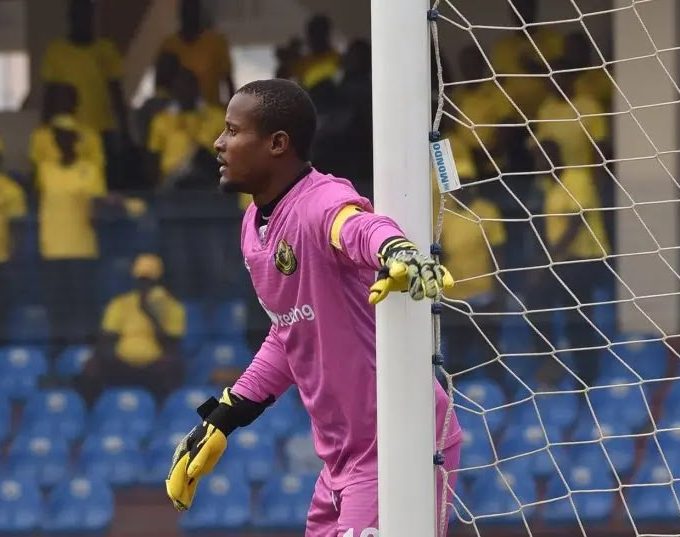


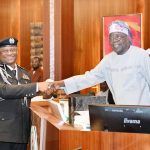




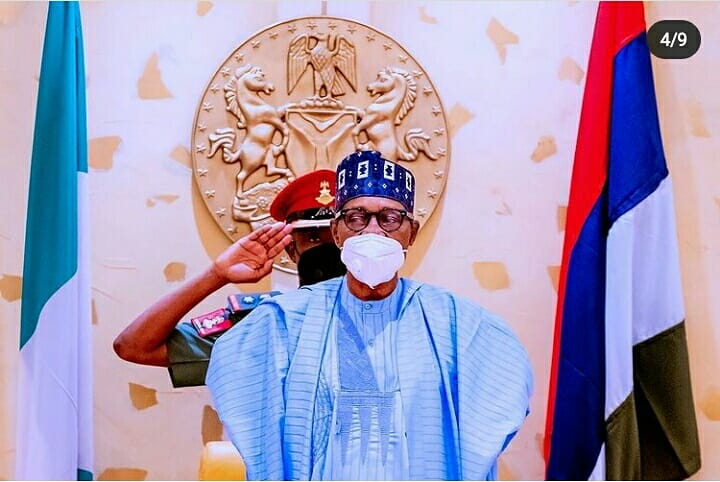



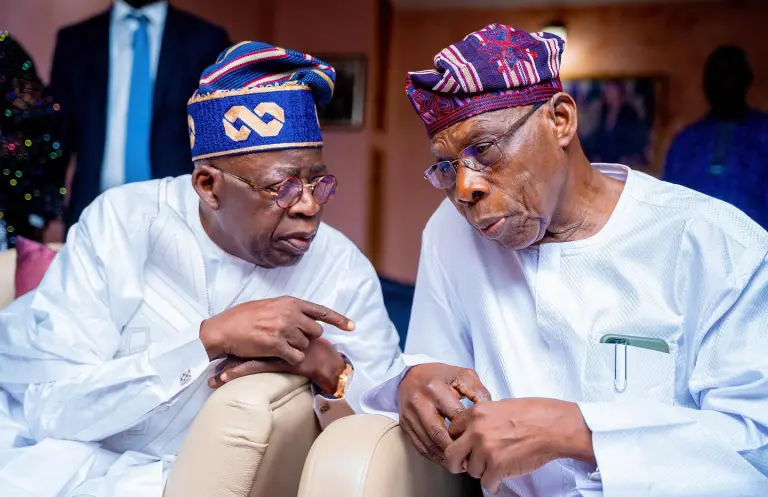



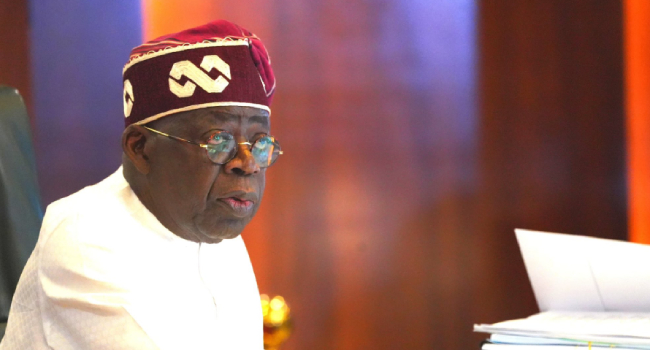
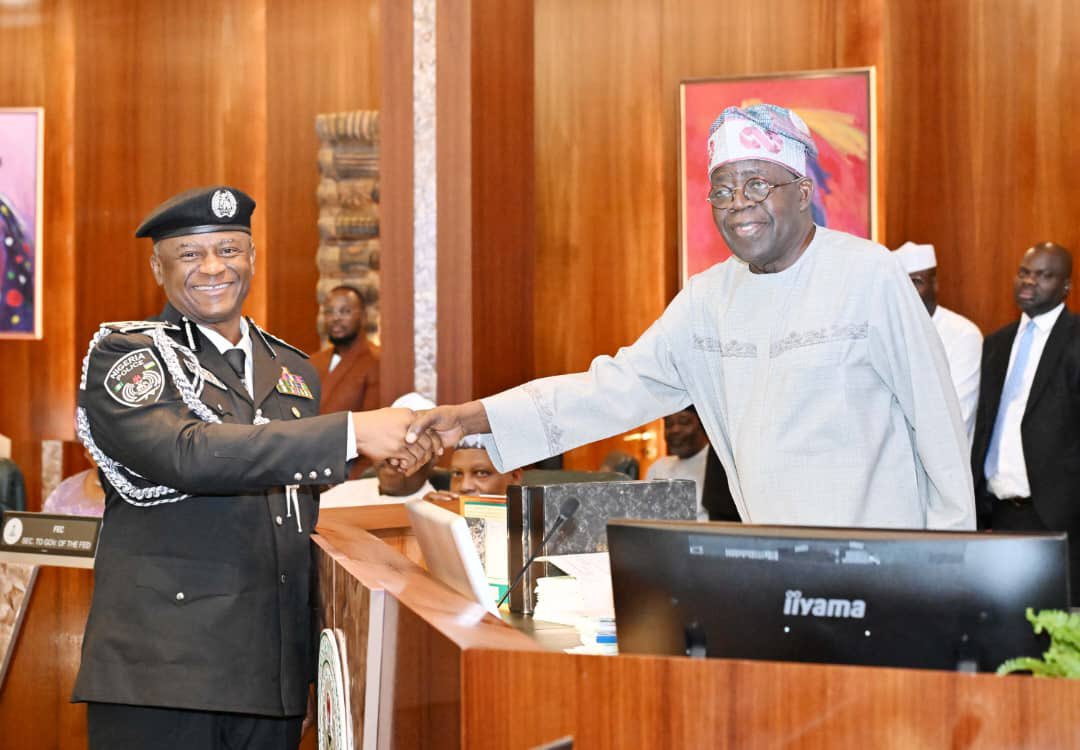
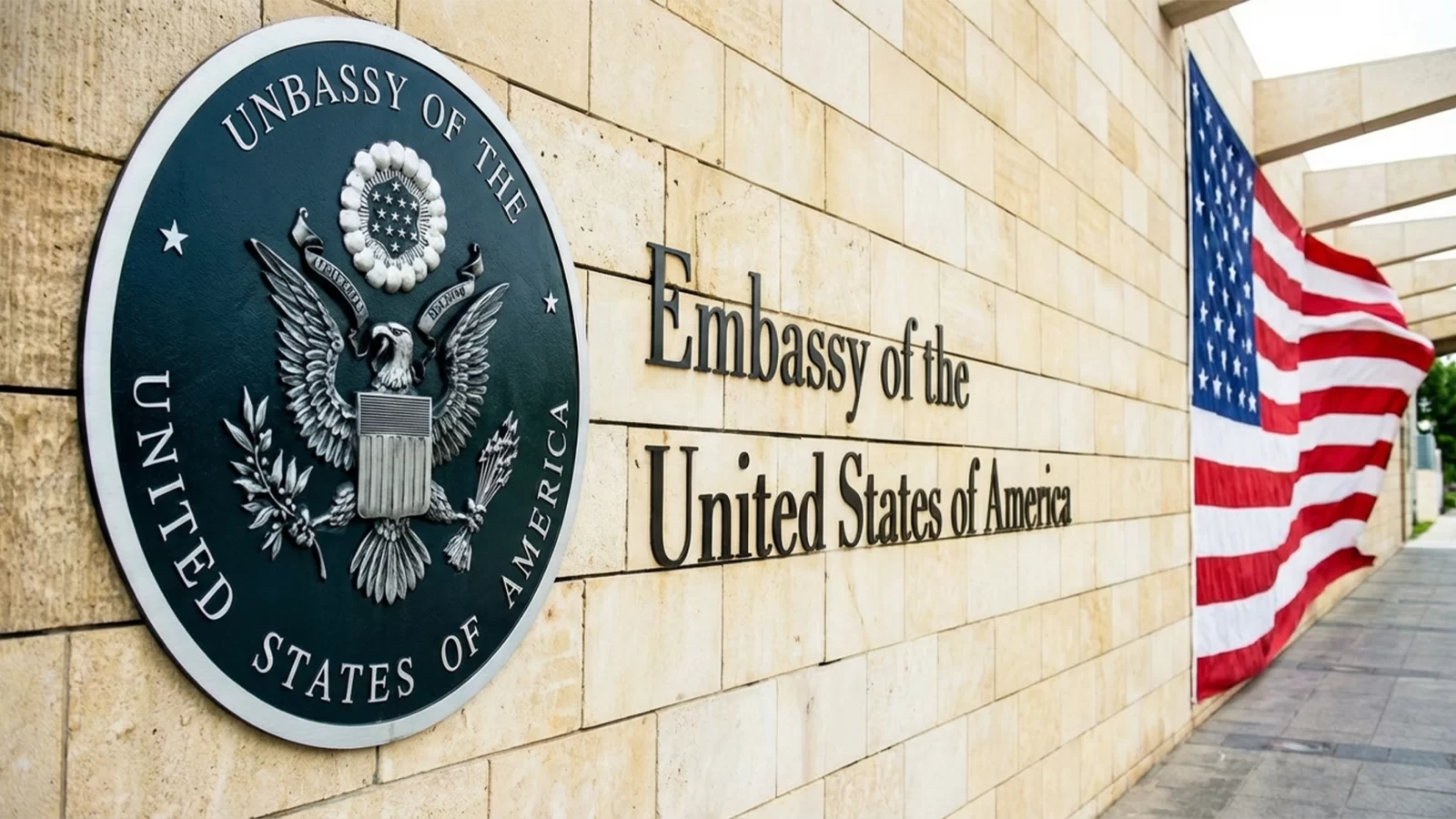
Leave a comment